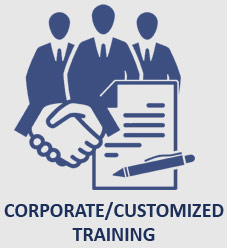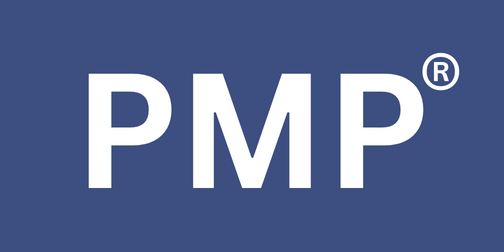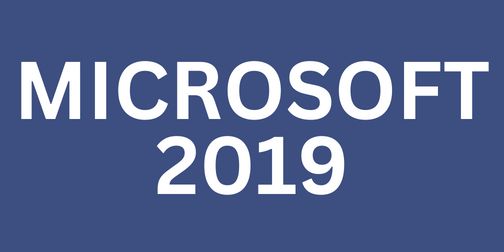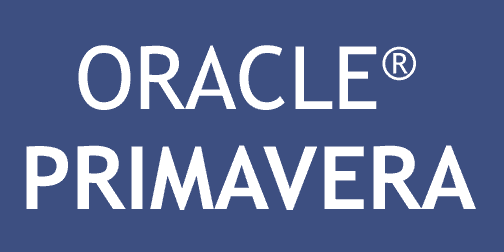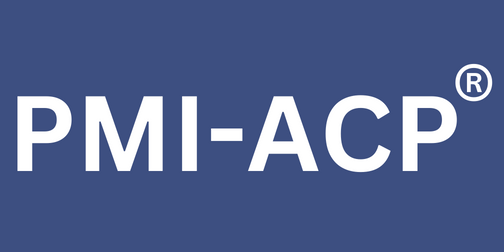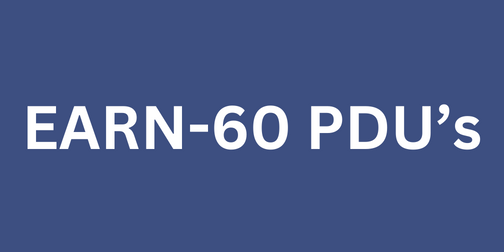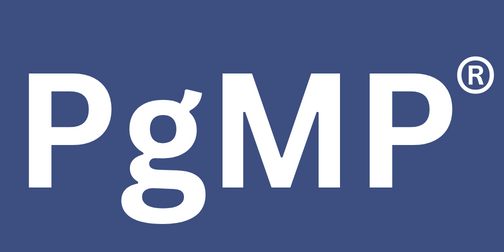| Module |
Topics |
|
STAGE 1 (Fundamentals)
|
- Six Sigma Concepts and Philosophy
- Metrics: DPU, DPMO, RTY
- Sigma Deployment
- Six Sigma Project Selection and MINITAB Orientation
- Download MINITAB and Initiate MINITAB Practice
|
|
STAGE 2 (Define and Measure)
|
- Define Stage, Measure Stage
- Basic Statistics:
- Concept of Variation, Data Types, Measures of dispersion – Range, Standard deviation, Variance, Central Limit Theorem
- Process Mapping, Quality Function Deployment (QFD)
|
|
STAGE 3 (Analyze)
|
- Cause and Effect diagram, Pre?control charts and Paired comparison
- Design of Experiments (DoE): Multi?Vari chart, Fractional Factorial designs
|
|
STAGE 4 (Improve)
|
- Process Capability: Cp, Cpk, Pp, Ppk
- Advanced Statistics: Sampling distribution, Estimation, Hypothesis Testing, ANOVA
|
|
STAGE 5 (Control)
|
- Control Stage, FMEA, Team Work
|
|
STAGE 6 (Six Sigma Leadership)
|
- Enterprise View
- DMAIC Plus Model
|
|
STAGE 7 (Advanced Data Analysis)
|
- Understanding Variation and Causes
- Strategies to Reduce Variation
- Advanced Statistical Concepts
|
|
STAGE 8 (Optimization and Robust Design)
|
- Factorial Designs
- Fractional Factorial Designs
- Taguchi Methods, S/N Ratios
|
|
STAGE 9 (Design for Six Sigma)
|
- Understanding DFSS
- Voice of the Customer & QFD
- Design of Manufacturability
- System and Design FMEAs
|
|
STAGE 10 (Lean Enterprise)
|
- Lean Enterprise, Lean Thinking
- 3M, Seven Types of Wastes
- Heijunka , Kanban ,Tact Time
- Value Stream Mapping, 5S, TPM
- Continuous Flow Manufacturing
|
|
STAGE 11 (Change Management)
|
- Managing Cultural Change Managing Teams
- Facilitation Process and Tools
- Team Dynamics and Performance
- Project Management
- Knowledge Management
|











